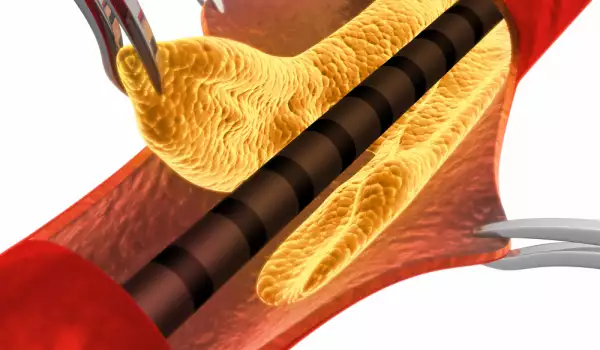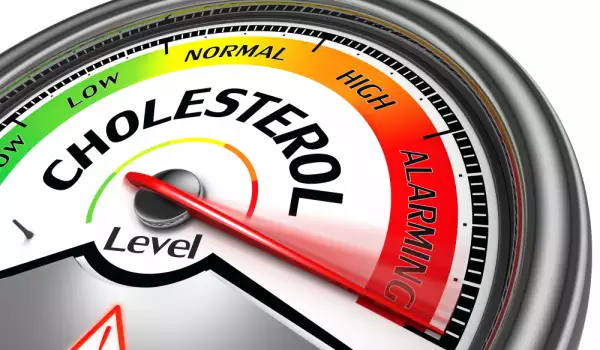Cholesterol is a type of lipid that is found in all cells of the human body and has an important role in a number of processes that take place in the body.
Most of it is synthesized in the liver and transported from it to the cells or vice versa. We can also get it from some foods that contain it, mainly fatty.
One of its main functions is to participate in the production of bile acids, which break down fats. It is also involved in the production of some hormones.
It is clear that our organs need cholesterol, but high levels are a potential killer without adequate control. The main obstacle is that a person does not feel anything and does not know about the existence of this problem. The consequences are severe damage to the liver and heart.
This problem also provokes atherosclerosis, a disease in which fats are deposited on the walls of the arteries and this prevents blood circulation. Because of the risks it poses and because of the difficulty in detecting it early, it is good to know some of the symptoms of high cholesterol that would help to detect it.
As the most important preventive measure, everyone over the age of 20 should have blood tests to know what their cholesterol levels are. They are important because symptoms do not appear until long after cholesterol has risen and by then it is often too late and cholesterol is more difficult to control and the risks are significant.
There is no clear symptom that unequivocally points to the presence of high cholesterol, but there are some symptoms that could point to such a possibility. Here are the most important of them:

- Heaviness in the area of the liver or pain under the right rib;
- Appearance of dryness in the oral cavity and bad breath;
- Heaviness in the stomach, difficult digestion especially with heavier and fatty foods;
- Frequent belching, more gas;
- Lazy bowels and constipation;
- Drowsiness, especially after eating;
- Intolerance to some common foods;
- Itching on the skin;
- Migraine or frequent headache;
- Lack of balance and dizziness;
- Swelling of the legs;
- Impaired vision;
- Fatigue during physical activity.
The difficulty comes from the fact that many of these symptoms are observed in various complaints and can disappear spontaneously. However, the cholesterol problem does not disappear spontaneously, but deepens and can provoke serious health complaints.
Good prevention and regular monitoring of the blood count, as well as a healthy lifestyle can prevent it.
















Comments